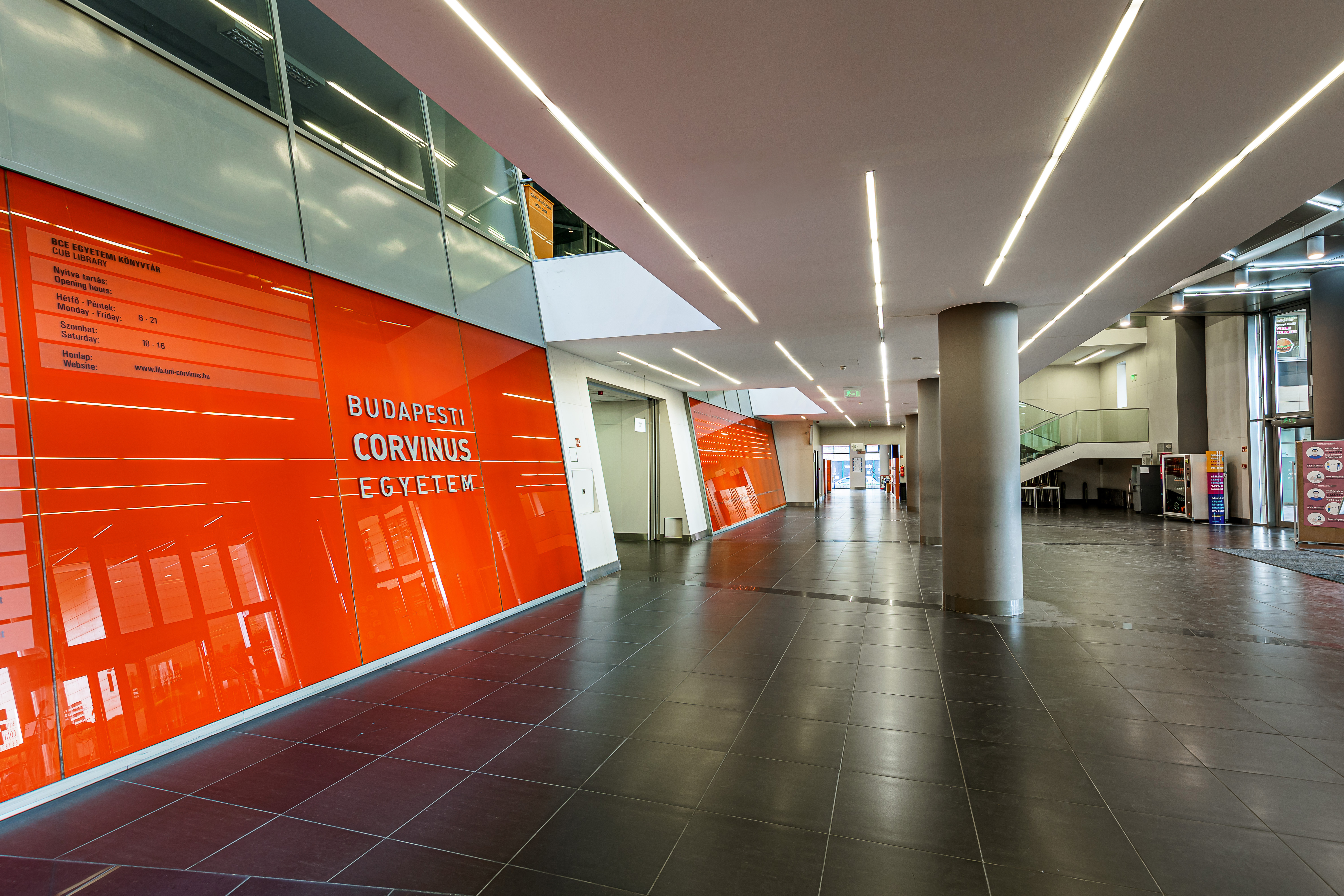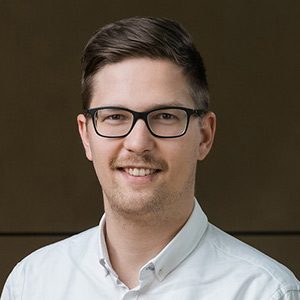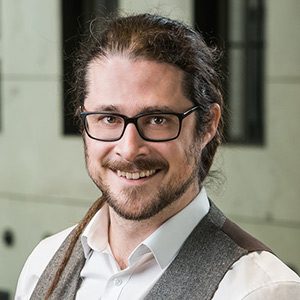Repeated collaboration of inventors across European regions
New publication by NETI Lab members Sándor Juhász and Balázs Lengyel in European Planning Studies

The paper explores the spatial patterns and underlying determinants of repeated inventor collaboration across European NUTS 3 regions through patent data. The authors find that only a small fraction of co-inventor linkages across regions are repeated. Community detection in co-inventor networks reveals that these collaborations are clustered in geographical space more intensively compared with collaboration in general.
Additional results from gravity modelling indicate that links in the inter-regional co-inventor network emerge mainly through the triadic collaboration of regions, while geographical proximity becomes the most influential factor for repeating co-inventor ties. In addition to that, the combination of technological portfolio similarity of regions and shared third partner regions offer a premium for the likelihood of repeating a collaboration, but only when geographical proximity is present as an enabler.
The authors argue that repeated inter-regional co-inventor collaborations are more likely to revert to spatial clustering, contributing to the fragmentation of the European Research Area.
The paper is written in collaboration with Gergő Tóth (ELKH ANET Lab and UCD Spatial Dynamics Lab) and Zoltán Elekes (ELKH ANET Lab and Umea University CERUM) and it is available open access through European Planning Studies:

Sándor Juhász holds a PhD in economic geography from Utrecht University, 2019 and a PhD in economics from University of Szeged, 2020. His main research interests are dynamics of collaboration networks, geography of innovation and networks of urban agglomerations. He mainly works on data-driven projects involving spatial and network data to understand social and economic processes.
As a member of both NETI Lab and ANET Lab, he currently works on (1) Mobility and social ties of people in cities; (2) Technological combinations and their diffusion; (3) Structure and evolution of inter-firm networks.

Balázs Lengyel is an economic geographer and works on topics at the intersection of economic geography, innovation studies and network science. He aims to understand how social interaction facilitates economic and technological progress embedded in geographical space.
Balázs joined the Institute of Economics of the Hungarian Academy of Sciences in 2013. Before establishing the ANET Lab, he was a visiting scholar at MIT Human Mobility and Networks Lab. Balázs completed his PhD in economics at Budapest University of Technology and Economics in 2010 and holds a master degree from University of Szeged.